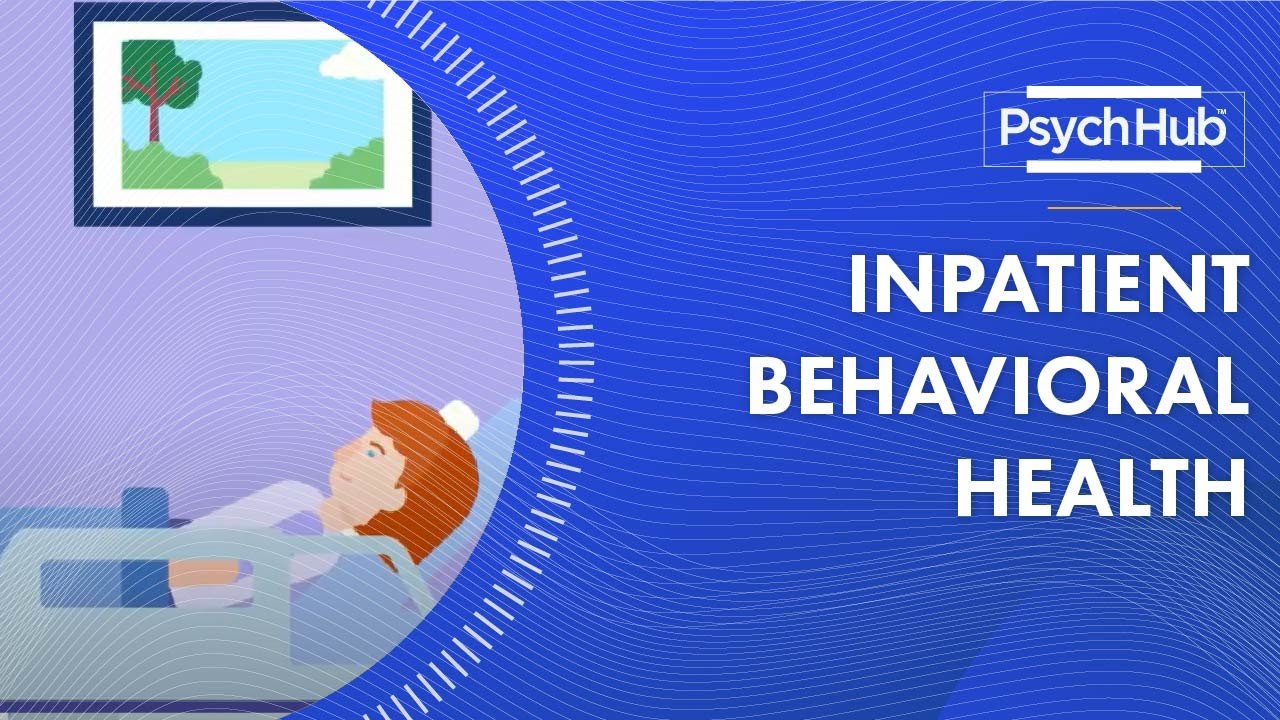Have you ever wondered how mindfulness practices could revolutionize the classroom environment, particularly for students in high-poverty communities? Mindfulness has become a buzzword in both wellness and educational circles, but what if there was concrete evidence to support its benefits in schools? Recently, a comprehensive study by the University of Virginia (UVA) proved just that.

Principal: UVA Mindfulness Research for Students Is a ‘Game-Changer’
In an eight-year study published last month that involved 45 elementary schools and nearly 10,000 students in Kentucky’s Jefferson County Public Schools, UVA researchers introduced a curriculum called “Flourish.” The results, particularly in schools serving high-poverty communities, indicate that this new curriculum is making waves in improving academic engagement, student well-being, and behavior.
The Flourish Curriculum: A Comprehensive Approach
Integrating Mindfulness and Movement
The Flourish curriculum, as part of UVA’s Compassionate Schools Project (CSP), integrates mindfulness and movement with social and emotional learning. This innovative combination aims to enhance various aspects of a student’s life, from academic performance to emotional stability.
Key Components of Flourish
| Component | Description |
|---|---|
| Mindfulness | Techniques such as deep breathing exercises to calm the mind. |
| Movement | Physical activities to reduce stress and enhance concentration. |
| Social and Emotional Learning | Strategies to improve emotional regulation and interpersonal skills. |
The Impact of Flourish: Real-World Testimonials
James Payne’s Experience
James Payne, an elementary school student at Semple Elementary School in Louisville, Kentucky, captured the essence of this curriculum’s impact: “When you’re frustrated, when you’re having a bad day, just take some deep breaths and you’ll be good to go.” This simple yet effective advice highlights the practical applications of mindfulness taught through the Flourish program.
Maddie Pfannerstill’s Confidence Boost
Another student, Maddie Pfannerstill, described how her stress levels decreased thanks to the mindfulness practices she learned. “I am always stressed that I am going to mess up, so I use mindfulness breathing to calm myself down,” she shared.
Scientifically Backed Results
Improvements in Attention Control and Social Support
UVA researchers found that students who participated in Flourish showed marked improvements in attention control. They also developed a greater sense of support from their classmates and grew more confident in their ability to solve social problems.
Behavior and Developmental Skills
The study also revealed that Flourish helped prevent problem behaviors while bolstering essential developmental skills. This holistic improvement suggests that mindfulness practices can have far-reaching impacts on various aspects of student life.
Administrator and Teacher Perspectives
Semple Elementary’s Principal Danielle Randle
Danielle Randle, the principal at Semple Elementary, dubbed Flourish a “game-changer” for her school. The curriculum and its effects have left an indelible mark on students and staff alike.
Teacher Candace McMahon’s Insights
Candace McMahon, a former CSP teacher at Luhr Elementary School in Kentucky, stressed how the curriculum provided her students with specific strategies to manage stress. “It will be strategies that will help them not only in school, but throughout life,” she affirmed.
Findings from Jefferson County Public Schools
Superintendent Marty Pollio’s Observations
Jefferson County Public Schools Superintendent Marty Pollio highlighted the curriculum’s broader impacts. “This curriculum can help all of our students, but especially those in schools with the most need,” he noted. The curriculum’s preventive effects on disruptive behavior extend benefits not only to individual students but also to their peers and the educational system as a whole.
Flourish’s Stronger Impact on High-Poverty Communities
Enhanced Resiliency Skills
The effects of the Flourish curriculum were even more pronounced in schools serving high-poverty communities. Patrick Tolan, a UVA education professor and principal investigator of the study, emphasized how students in these environments gained crucial resiliency skills linked to better academic, mental health, and behavioral outcomes in the long run.
Social Problem-Solving and Positive Behavior
Students in high-poverty schools also showed significant improvements in social problem-solving and positive behavior, paired with reductions in problematic behavior. These notable shifts suggest that Flourish is filling a critical void in educational interventions for vulnerable student populations.
The Unique Approach of Flourish
Comprehensive Design
Tish Jennings, a professor at the UVA School of Education and coauthor of the Flourish curriculum, pointed out that Flourish’s focus on contemplation, compassion, and mindful awareness sets it apart. While many social and emotional learning programs are integrating mindfulness, few adopt such a thorough approach in designing a program that enhances students’ psychological well-being, social and emotional skills, physical health, and attention.
Long-Term Implementation and Support
Rigorous Research and Follow-Up
With positive results from an initial pilot study and substantial funding from partners, the UVA team initiated an eight-year randomized control trial. They measured the curriculum’s effects over two years and conducted follow-ups to trace its long-term impact.
Ongoing Benefits and Training
According to Alexis Harris, director of the Compassionate Schools Project and coauthor of Flourish, “The Flourish curriculum is still being implemented with integrity, and educators continue to benefit from the training and support.” This consistency ensures that the program’s benefits remain sustainable and impactful over time.
Broader Implications of Flourish
Filling a Void in Knowledge
Owsley Brown III, a board member of the Contemplative Sciences Center at UVA, praised the collaborative efforts that made this study possible. “Mindfulness practices are well known to be effective in many settings, and they are often used in schools, but there hasn’t been high-quality research on whether and how they support learning for young kids. Louisville has given a rich trove of answers, and this is just the beginning,” he stated.
The Future of Mindfulness in Education
Expansion and Adaptation
With such promising results from the Flourish curriculum, the possibilities for future implementations are vast. Schools across the nation and even globally can adapt these methods to suit their unique student populations and needs.
Policy Implications
Educational policymakers may find these results compelling enough to consider integrating mindfulness-based curriculums into standard educational frameworks. The benefits extend beyond academic performance, touching upon essential aspects of student well-being and lifelong skills.
Community and Parental Involvement
Parents and community members play a crucial role in supporting these initiatives. Informing and involving them in these practices can create a holistic support system for students, reinforcing the benefits achieved in the classroom.
Teacher Training and Professional Development
To ensure the longevity and success of such programs, comprehensive teacher training and ongoing professional development are vital. Educators equipped with these skills can more effectively manage classroom dynamics and provide better support to their students.

Conclusion
The UVA study on the Flourish curriculum has unmistakably demonstrated that integrating mindfulness into the classroom is more than a passing trend—it is a “game-changer.” The results indicate significant improvements in attention, behavior, and social interactions, especially for students in high-poverty communities. With continued support and adaptation, Flourish and similar programs have the potential to transform educational experiences for countless students, paving the way for a more compassionate, balanced, and effective learning environment.
If you’ve ever underestimated the power of a deep breath or the impact mindfulness can have, think again. The evidence is clear: being mindful can indeed lead to flourishing in more ways than one.
Wouldn’t it be wonderful if every student had the tools to navigate their emotions and focus their minds effectively? The Flourish curriculum demonstrates that this dream is not only possible but already underway. What more could we ask for in shaping our future generations?




